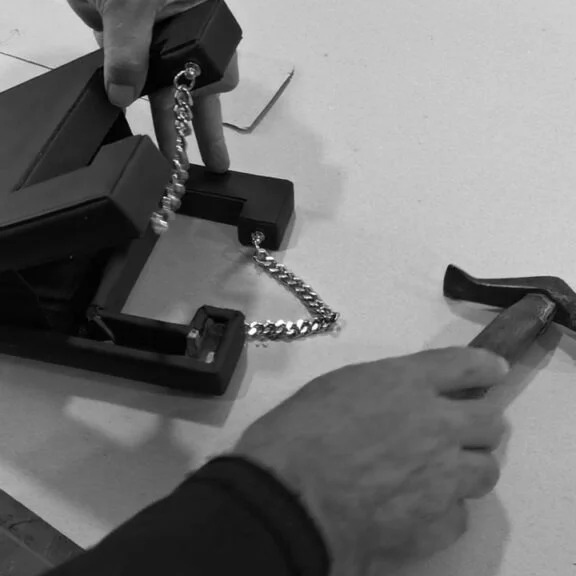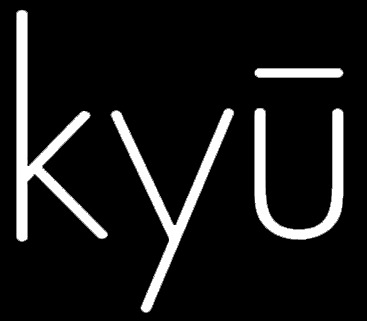In a world where environmental concerns have taken center stage, the design industry is undergoing a transformative shift towards sustainability without compromising on luxury. At kyu, our commitment to sustainable design goes beyond a mere trend; it is a fundamental ethos that shapes every decision we make. In this article, we delve into the core principles that guide our brand in creating a harmonious blend of luxurious aesthetics and conscious design practices.
What is social sustainability?
Social sustainability revolves around fostering just and equitable conditions within communities, prioritizing the long-term well-being of all members. It involves dimensions such as equity, inclusion, community engagement, cultural preservation, fair labor practices, and the overall enhancement of individuals’ quality of life. At its core, social sustainability strives to create a society where fair access to resources and opportunities is universal, irrespective of factors like race, gender, or socioeconomic status. This holistic approach integrates environmental sustainability – including the reduction of carbon footprints and the endorsement of eco-friendly practices – with economic consideration. The objective is to establish a harmonious balance that addresses both societal concerns and the broader factors encompassing the environment and the economy.
How does social sustainability apply to the design world?
Social sustainability is a transformative force in design, effortlessly combining environmental consciousness and societal well-being. Designers, guided by this principle, not only minimize the environmental footprint through responsible material sourcing, waste reduction, and ethical manufacturing practices, but also craft spaces and solutions with profound consideration for inclusive and accessible design. Engaging actively with diverse communities across various design domains – ranging from interior and product design to fashion and urban planning – designers prioritize affordability and social benefits. Ethical material sourcing, avoiding harmful materials and embracing those aligned with fair labor practices, is crucial. The integration of local heritage and traditions into designs becomes a central focus, while social sustainability in design is closely associated with job creation and economic development through collaboration with local artisans and businesses, epitomizes the essence of a modern, socially conscious luxury. This approach emphasizes human-centric design, cultivating an enhanced quality of life, mental well-being, and a sense of community. By integrating these principles, designers wield transformative power, shaping aesthetically pleasing environments while contributing meaningfully to both the environmental and social fabric, making design a catalyst for positive and sustainable change.
How do we practice social sustainability at kyu?
Undoubtedly, sustainability stands as a paramount consideration in the design realm, wherein designers hold the transformative power to shape the future of our planet. At kyu, we constantly embrace this responsibility, weaving sustainability into the very fabric of our design process. Central to our approach is the strategic prioritization of materials based on their local availability, not only reducing environmental impact, but also fostering social sustainability by supporting local economies. Selecting materials that are locally sourced in Lebanon, our designs seamlessly integrate with the cultural tapestry of the community, establishing meaningful connections with our surroundings.
Our commitment to social sustainability extends beyond material choices to collaborative partnerships with local artisans, reflecting our dedication to a redefined sense of luxury. Engaging these skilled craftsmen not only preserves traditional techniques, but also contributes to economic stability within Lebanon. The choice of materials is pivotal in our sustainability journey; for instance, the decision to prioritize handmade processes aligns with our dual objective of supporting local communities and minimizing energy consumption. Handcraft production not only lessens our carbon footprint, but also infuses each creation with a unique, artisanal touch.
In navigating the challenge of finding sustainable alternatives, we encountered limited options in the realm of eco-friendly leather. Undeterred, we embraced upcycled PU leather, a material often perceived as less glamorous. This choice, along with our commitment to sustainability, became an opportunity to redefine luxury, transforming what was considered a cheap alternative into a statement of quality and opulence proudly handmade in Lebanon. Moreover, our dedication extended to actively seeking recycled materials from local markets, not only reducing environmental impact, but also invigorating local economies. Our journey exemplifies the fusion of sustainability and creativity, showcasing that, even in the face of challenges, design can be a powerful force for positive change.
In conclusion, our commitment to sustainability is not just a checklist, but a way of reimagining design. By considering all options, embracing local resources, and transforming supposedly ‘ordinary’ materials into extraordinary pieces and designs, we demonstrate that sustainability and luxury can coexist seamlessly. Through conscious choices and thoughtful innovation, at kyu, we are carving a path towards a future where design not only captivates the senses, but also respects the planet and its communities.




One thought on “Social Sustainability and Design: Redefining Luxury”
Very helpful